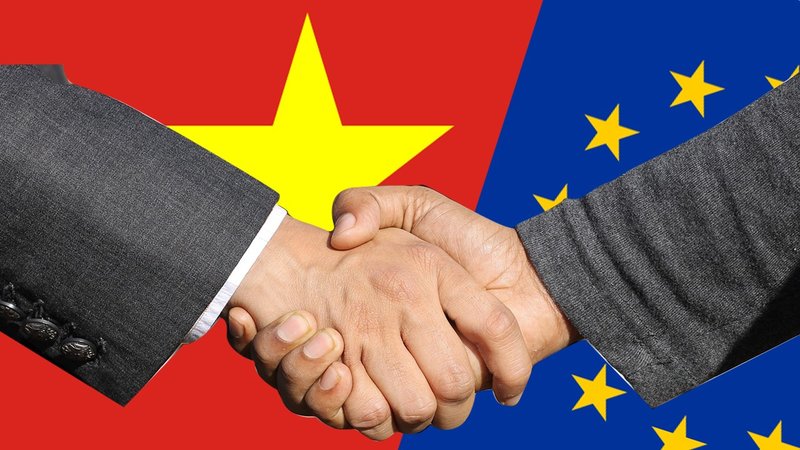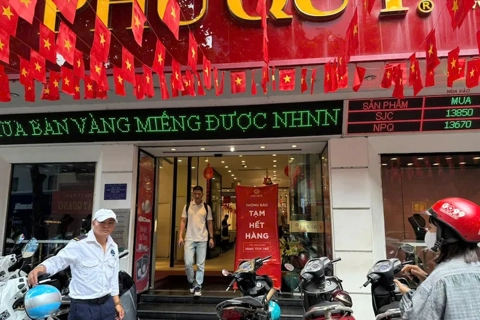Doing business in Vietnam becomes easier as EVFTA comes into force: EC
The EU-Vietnam agreement is the most comprehensive trade agreement the EU has concluded with a developing country.
Doing business in Vietnam will become easier for European companies as the EU – Vietnam Free Trade Agreement (EVFTA) comes into force today [August 1], according to the European Commission (EC).
| The EVFTA comes into force today. |
European firms would now be able to invest and pitch for government contracts with equal chances to their local competitors, said the EC in a statement.
The EVFTA, officially signed last June after six years of negotiations, has been dubbed “the most ambitious” FTA the EU has ever reached with a developing country, according to the EC. It includes not only the almost full elimination of bilateral tariffs, but also a substantial reduction of non-tariff barriers. Moreover, it includes provisions to protect intellectual property, labor, environmental standards, and fair competition, while promoting regulatory coherence.
“Trade agreements, such as the one becoming effective with Vietnam today, offer our companies a chance to access new emerging markets and create jobs for Europeans. I strongly believe this agreement will also become an opportunity for people of Vietnam to enjoy a more prosperous economy and witness a positive change and stronger rights as workers and citizens in their home country,” said Ursula von der Leyen, president of the EC.
"Vietnam is now part of a club of 77 countries doing trade with the EU under bilaterally agreed preferential conditions,” added Phil Hogan, commissioner for Trade.
Hogan said while the deal strengthens EU economic links with the dynamic region of Southeast Asia, it will continue to encourage Vietnam to pursue “its most needed reforms.”
The EU-Vietnam agreement is the most comprehensive trade agreement the EU has concluded with a developing country. It takes fully into account Vietnam's development needs by giving Vietnam a longer, 10-year period to eliminate its duties on EU imports.
At the same time, the trade agreement sets high standards of labor, environmental and consumer protection and ensures that there is no 'race to the bottom' to promote trade or attract investment.
Vietnam is the EU's second largest trading partner in the Association of Southeast Asian Nations (ASEAN) after Singapore, with trade in goods worth US$53.6 billion in 2019.
The EU's main exports to Vietnam are high-tech products, including electrical machinery and equipment, aircrafts, vehicles, and pharmaceutical products. Vietnam's main exports to the EU are electronic products, footwear, textiles and clothing, as well as coffee, rice, seafood, and furniture.
With a total foreign direct investment stock of US$8.71 billion (2018), the EU is one of the largest foreign investors in Vietnam. Most EU investments are in industrial processing and manufacturing.
The agreement with Vietnam is the second trade agreement the EU has concluded with an ASEAN member state, following the recent agreement with Singapore. It represents an important milestone in the EU's engagement with Asia, adding to the already existing agreements with Japan and South Korea.
A pre-Covid-19 study from Vietnam’s Ministry of Planning and Investment suggested the EVFTA and EVIPA would help Vietnam’s GDP grow an additional 4.6% and boost the country’s exports to the EU by 42.7% by 2025.
Meanwhile, the EC estimated the bloc’s GDP would be added US$29.5 billion by 2035, along with additional growth of 29% in exports to Vietnam.













